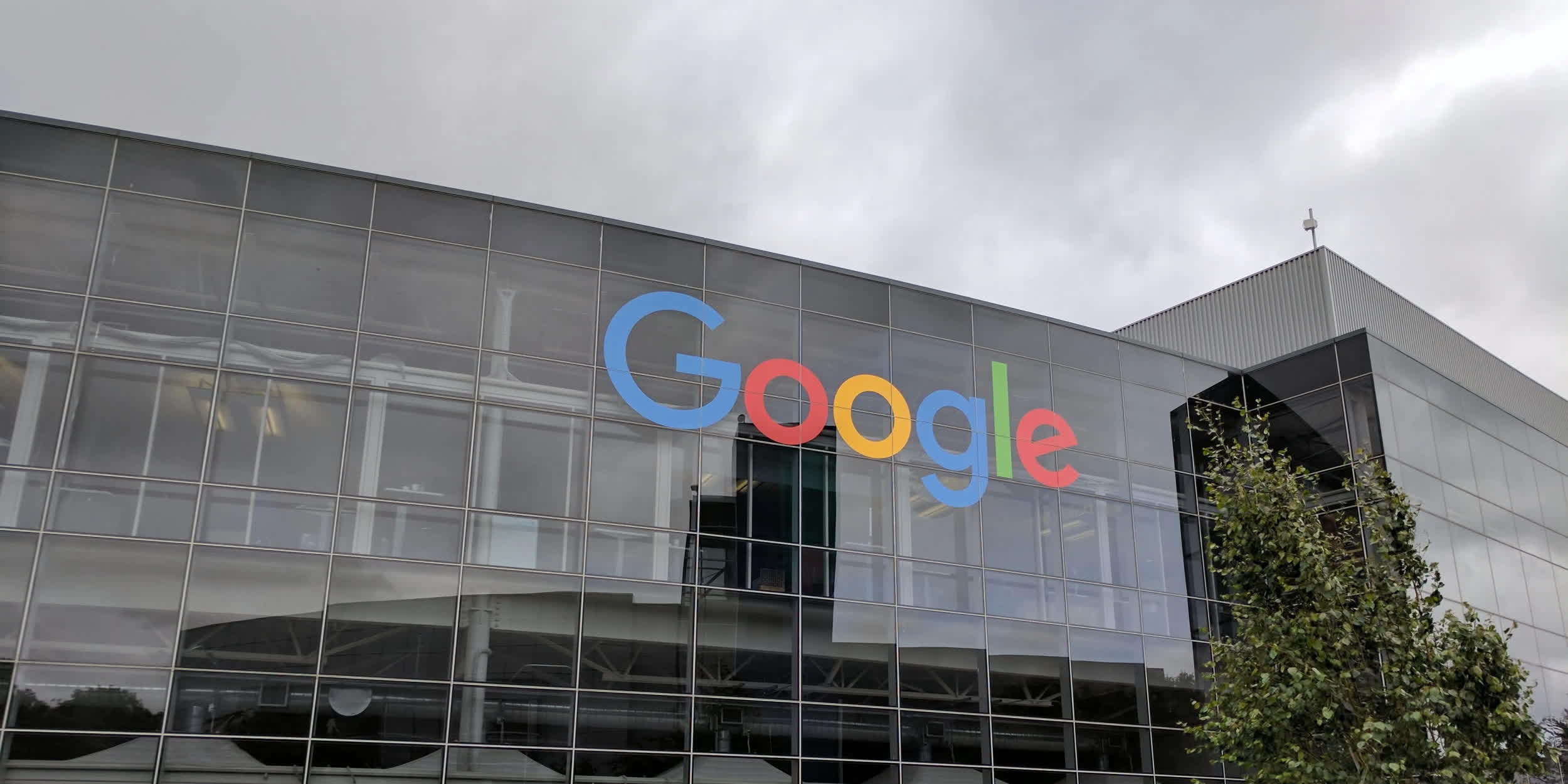A hot potato: A recent study turns the anecdotal feeling that web search results are becoming increasingly useless into scientific evidence. When it comes to product reviews, major search engines have been effectively turned into spam-spreading machines.

The supposed decrease in the quality of web search engine results has seemingly been confirmed by a study conducted by German researchers. The scientists monitored Google, Bing, and DuckDuckGo for a year, looking at the search engine result pages (SERPs) for 7,392 product review queries. They found that all three search engines are now showing lower-quality results to users.
Netizens have been complaining about web search quality issues for years, according to the study, but this is the first time a 'longitudinal investigation' has tested how SEO-oriented and affiliate content affects today's search engines. Google, Bing and even DuckDuckGo – which compiles over 400 different search sources including Bing – have significant problems with highly optimized (affiliate) web content.
The researchers also observed an inverse relationship between affiliate marketing campaigns and content complexity. This means that a web page mostly designed to push affiliate links and SEO-optimized text will provide absolutely the worst content to users searching for a specific product.

All three search engines tested in the study have been gamed by large-scale affiliate spam campaigns, and any effort to counter this kind of link manipulation tactics has been temporary at best. Google appears to have the most effective approach in thwarting affiliate spam manipulation.
Popular search engines are losing the cat-and-mouse game against SEO-oriented spam, the German researchers say, while the line between "benign" content and worthless link farms has become increasingly blurry. The situation will only worsen with generative AI algorithms, which can be (ab)used to instantly eject a lot of low-quality, fact-free content that would be perfect for SEO spam and SERP manipulation.
The researchers conclude that "dynamic adversarial spam" in the form of low-quality, mass-produced commercial content deserves more attention, but they don't provide any practical recommendations. A static evaluation done on a highly dynamic market isn't enough to develop an effective counter strategy, they said.
In response to the German researchers' work, Google highlighted that the study focused solely on product review content and doesn't reflect the overall "quality and helpfulness" of search results for the billions of queries it sees every day. Specific improvements have been implemented to address the SEO spam issue, Google added, so the cat-and-mouse game can keep going.
https://www.techspot.com/news/101560-study-confirms-search-results-major-engines-getting-worse.html
